Apple releases new in-vehicle system technology giants "build cars" have their own priorit
At the Apple Worldwide Developers Conference held on June 7, Apple released a new car system CarPlay, which can take over most of the electronic functions of the car and adaptively match screens of different sizes and shapes. Unprecedented design and experience have aroused consumers' pursuit. According to Apple's research, 79% of American consumers said they would only buy cars that support CarPlay.
Industry insiders believe that smart cars are entering the "software-defined" era, and this has become a new stage for Internet technology giants who are good at building ecosystems. Google, Baidu, Huawei, Xiaomi and other domestic and foreign technology companies have The layout and focus are different.
Not making a car is better than making a car
There are constant rumors about Apple's car building. Apple did not directly announce any car-building news at this developer conference, but its ambitions for the car business are obvious. At the conference, Apple made an important update to the car system CarPlay. The updated CarPlay can not only carry the entertainment and navigation functions in the smart car, but also take over most of the electronic functions of the car.
Since Apple launched CarPlay in 2014, many vehicles have used the software, but the old version of CarPlay is separated from the operating system of most vehicles, which means that the owner must leave the Apple software system to enter the car's own system. software solves this problem.
According to Apple, the updated CarPlay will be able to connect more deeply into the core driving system of the car, and the driver can change the temperature settings in the car, use audiobooks, listen to news, podcasts and other applications without leaving the CarPlay interface. Apple says it will communicate in real-time with vehicle systems in a "privacy-friendly manner" to display driving information such as speed, fuel level and temperature. In addition, the new generation of CarPlay will be able to adapt to all current car screen ratios.
Many viewers commented that, just like the revolutionary experience it brought in the mobile phone industry, Apple will set a benchmark for the design and experience of human-vehicle interaction for the entire automotive industry. An automotive industry analyst said after watching the Apple Developer Conference that Apple does not build a car, but it is better than a car, and it is expected to gradually occupy the key field of intelligent car-human-car interaction through CarPlay with more complete functions.
Apple claimed at the conference that 98% of cars in the United States can use CarPlay, and 79% of American consumers said they would only buy cars that support CarPlay. At present, the company is negotiating cooperation with automakers such as Ford, Jaguar Land Rover, Mercedes-Benz and Honda. It is expected that the models equipped with the new CarPlay system will officially debut later next year.
The path of "building a car" is different
With the development of the automotive industry in the direction of intelligent networking, both traditional auto giants and new automakers such as Tesla and "Weixiaoli" attach great importance to the intelligent experience of cars. At the same time, foreign Apple, Google, domestic Baidu, Huawei, Xiaomi and other technology companies have also set foot in the "car building" track, sharing the prosperity of the smart car industry in different ways.
At its Google I/O developer conference in May, Google announced that it would update its Android Auto system for cars. According to its introduction, there are currently more than 150 million vehicles compatible with this platform in the world. In 2021, Ford also reached a six-year strategic cooperation with Google. Google will provide support for Ford in technologies such as in-vehicle interconnection and cloud computing.
In China, Huawei's smart car business has received the most attention. Huawei executives have repeatedly emphasized that Huawei does not directly build cars, but helps car companies "build good cars". It is understood that Huawei's smart car business segment mainly has three business cooperation models, namely the parts supplier model, the HI model and the smart selection model. Among them, the HI mode refers to the mode in which car companies adopt the Huawei Inside solution. Huawei will provide intelligent components such as computing and communication architecture, intelligent cockpit, intelligent driving, and lidar. Huawei's cooperation with BAIC, GAC, and Changan is in this mode. under. A typical case of the smart selection model is the AITO brand jointly launched by Huawei and Xiaokang Celis. Huawei provides technologies and services ranging from exterior design to smart cockpit and Hongmeng ecology.
Baidu has been deeply involved in autonomous driving technology and solutions for many years. In 2021, it will establish a joint venture with Geely to establish Jidu Automobile, and will release its first automotive robot concept car on June 8, 2022. In addition to cooperating with OEMs to build cars, Baidu also provides autonomous driving solutions (ASD) and in-vehicle infotainment systems such as Xiaodu in-vehicle OS to auto OEMs. According to Baidu's 2022 first quarter report and the introduction at the performance briefing, the total amount of fixed-point and contracted projects obtained by Baidu through these businesses has reached 10 billion yuan.
Compared with the indirect participation methods such as Huawei's empowerment of car companies and Baidu's equity cooperation with car companies, Xiaomi Group chose to directly end up building cars. In March 2021, Lei Jun, chairman and CEO of Xiaomi Group, officially announced Xiaomi's entry into the smart electric vehicle business as his "last major entrepreneurial project in his life". After the release of the first quarterly report in 2022, Wang Xiang, president of Xiaomi Group, said that the progress of Xiaomi's smart electric vehicle business is in line with expectations, and the first car is expected to be mass-produced in the first half of 2024.
Guotai Junan believes that new energy vehicles are gradually developing towards the trend of intelligent network connection, and the accumulation of Internet genes of technology companies makes them have certain natural advantages in participating in cross-border car manufacturing. However, considering that the era of self-driving cars in the true sense has not yet arrived, it remains to be seen where the future car user operations and possible user community building will go, and whether the accumulated experience of tech giants can be effectively utilized.



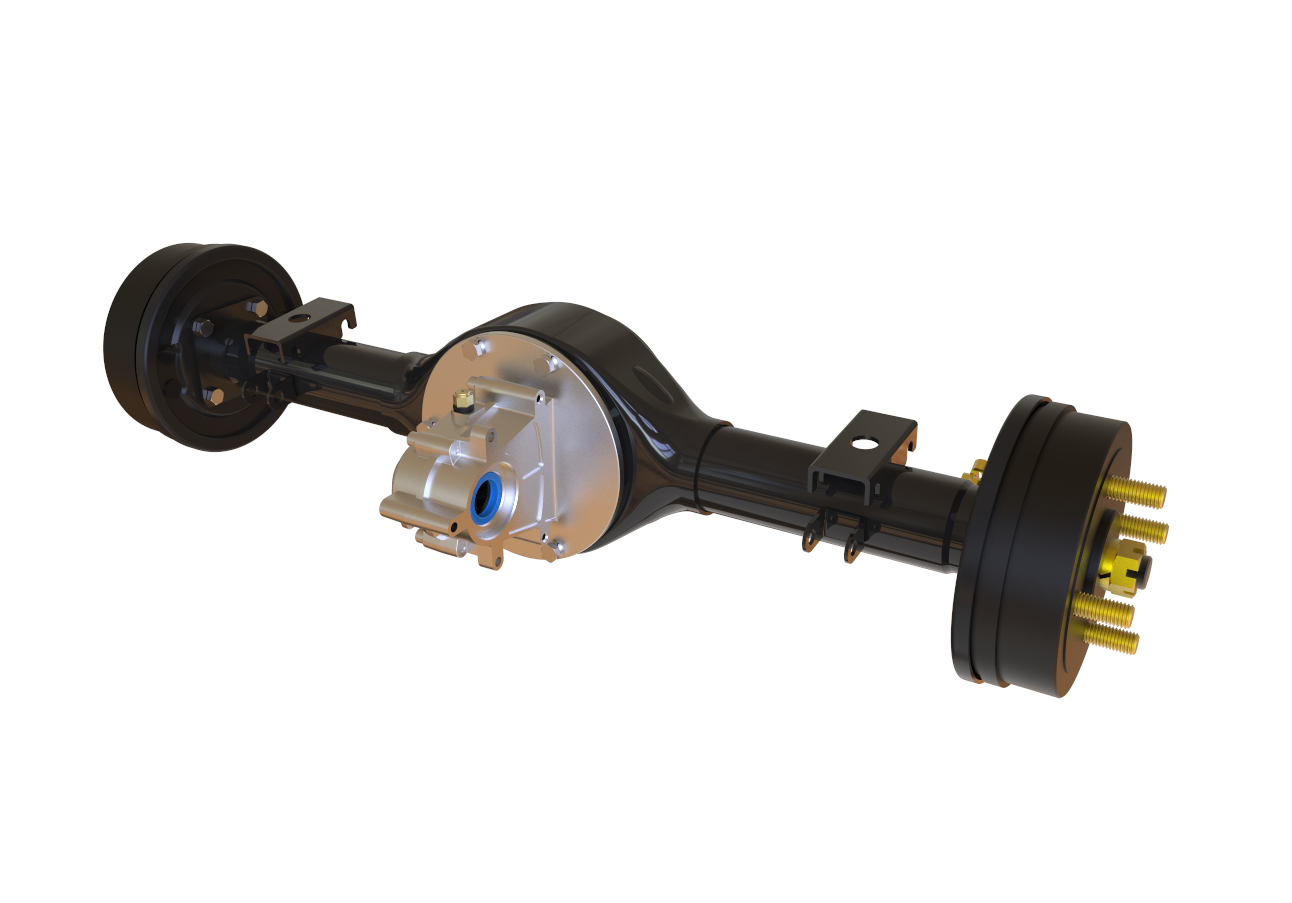
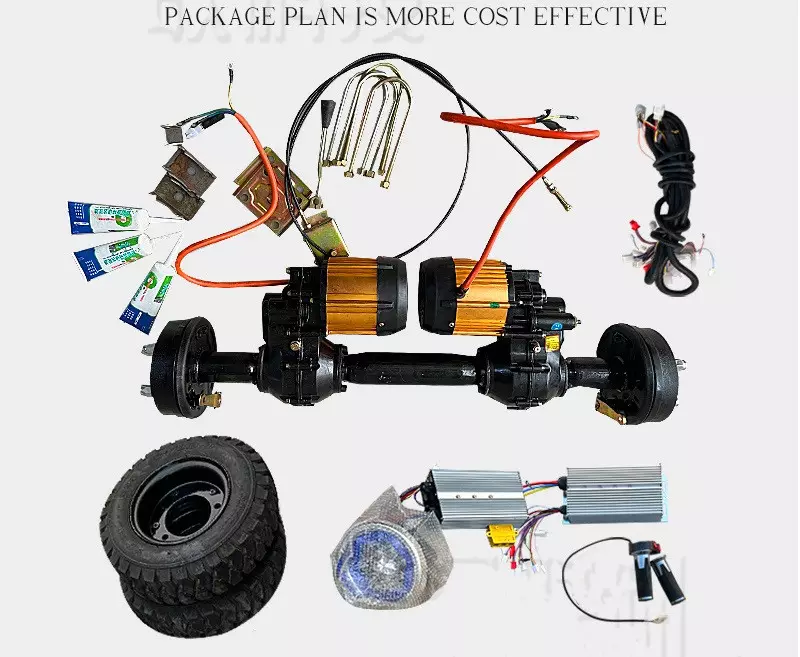

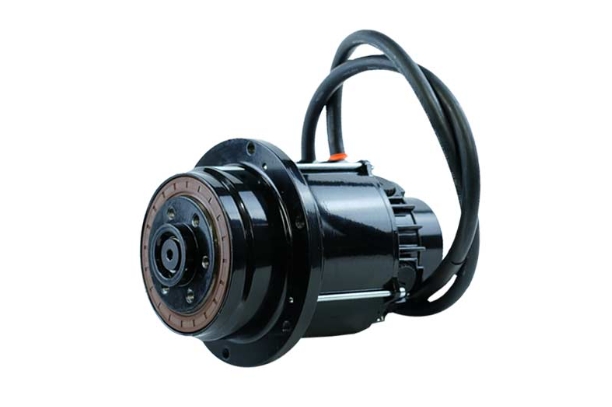
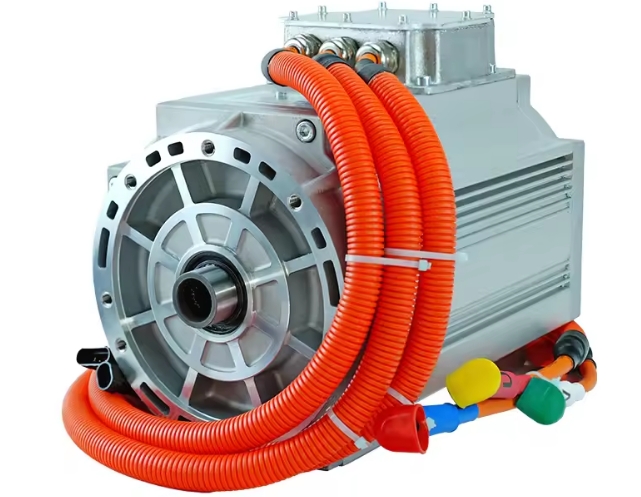
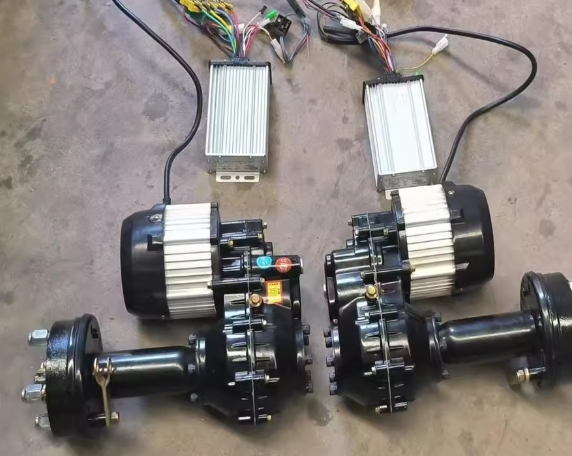
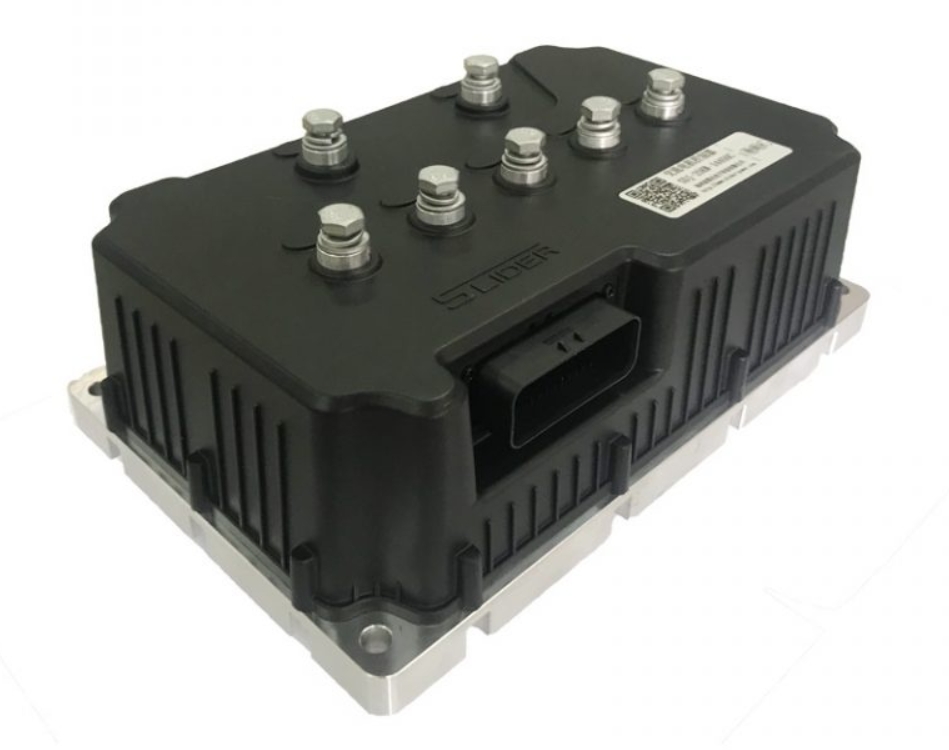

















 XINDA
XINDA